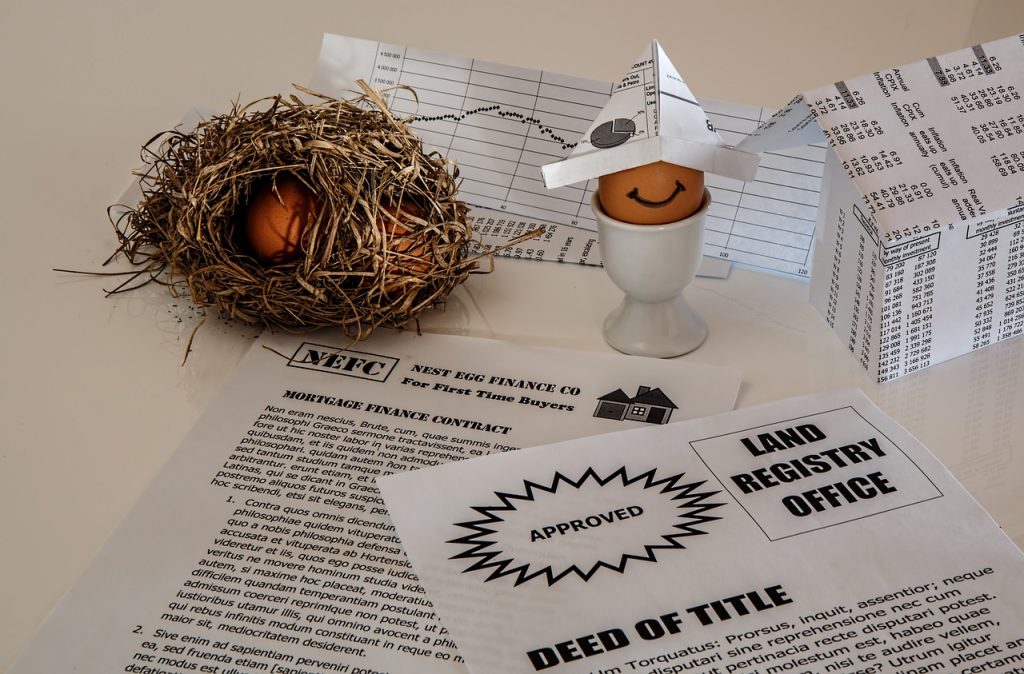Taxes Associated When Selling Your House in Calgary, Alberta
Discover the hidden taxes awaiting Calgary homeowners when selling their house – don’t let them catch you off-guard!

Introduction
Selling a house can be an exhilarating experience, filled with anticipation and the promise of new beginnings. However, amidst the excitement lies a crucial aspect that must not be overlooked – understanding the tax implications involved in the process. By familiarizing yourself with the taxes associated with selling a house in Calgary, you’ll be well-equipped to navigate the landscape and ensure a smooth transition. In this blog post, we’ll unveil the hidden taxes and shed light on what you need to know when selling your house in Calgary.
Understanding the Capital Gains Tax
When it comes to selling property, one tax that frequently comes into play is the capital gains tax. This tax is applicable to the profit earned from the sale of a property, which is known as a capital gain. It’s important to understand whether you are subject to this tax, as it can significantly impact your financial outcome.
To determine whether you must pay capital gains tax, several factors come into play. These factors include the length of time you owned the property, the purpose for which it was used (i.e., as a primary residence or investment property), and any exemptions that might apply. Calculating the capital gains tax can be a complex process, but don’t worry – we’ll break it down for you.
Let’s say you purchased a house in Calgary two years ago for $400,000, and now you’ve managed to sell it for $500,000. The capital gain in this scenario would be $100,000. Now, depending on your individual circumstances, you may need to include 50% of this capital gain as taxable income on your tax return. Therefore, you would be responsible for paying taxes on $50,000, which will be calculated at your applicable tax rate.
The Principal Residence Exemption
One potential lifesaver when it comes to taxes on the sale of a house is the Principal Residence Exemption. This exemption can help reduce or even eliminate taxes on the sale of your primary residence. However, not all properties qualify for this exemption, and certain requirements must be met.
To be eligible for the Principal Residence Exemption, your property must have been used primarily as your principal residence during the time you owned it. The property can include your house, condominium, cottage, or even a portion of your property, such as a separate unit you rent out. However, be aware that claiming the exemption for a rental unit may have implications for other tax considerations, such as depreciation recapture.
It’s important to keep detailed records to support your claim for the Principal Residence Exemption. This includes documentation such as property tax bills, utility bills, and even photos showing the property’s use as your primary residence. Ensuring proper documentation can help substantiate your claim and avoid potential tax issues in the future.
Depreciation Recapture
If you have been using your property for business or rental purposes, another tax consideration to be aware of is depreciation recapture. When claiming tax deductions for depreciation over the years, you essentially reduce the cost basis of your property. Consequently, when you sell the property, a portion of the gain may be subject to depreciation recapture tax.

For example, let’s say you used a portion of your home for business purposes for three years. During this time, you claimed a $15,000 depreciation deduction. When you sell the property, that $15,000 depreciation deduction may be subject to recapture, resulting in an increased tax liability.
Calculating depreciation recapture can be complex, which is why it’s vital to seek professional advice to navigate this aspect of the tax landscape correctly. Proper tax planning and documentation can help minimize your depreciation recapture liabilities and potentially maximize your overall financial outcome.
Additional Considerations
While capital gains tax and the Principal Residence Exemption are two primary tax considerations when selling a house in Calgary, there might be additional taxes or fees that you could encounter depending on your circumstances.
For instance, if you are selling a new property, Goods and Services Tax (GST) may be applicable. Additionally, there might be a land transfer tax imposed by the provincial government, which is typically a percentage of the property’s sale price.
If you’re a non-resident selling a property in Calgary, you must also take into account any withholding tax obligations. The Canadian government requires non-residents to pay withholding tax on the sale of Canadian property, which can be a complex process in its own right. Seeking professional advice specific to your situation is crucial to ensure compliance with the applicable tax laws.
On the other hand, it’s essential to be aware of any tax credits or deductions that may work in your favor. Understanding the available resources and potential tax benefits can help homeowners navigate the sale of their house more effectively.

Conclusion
Selling a house in Calgary is not merely a matter of finding a buyer and signing a contract. There are hidden taxes and potential pitfalls that require careful consideration. By understanding the taxes associated with selling a house in Calgary, such as the capital gains tax, the Principal Residence Exemption, and depreciation recapture, homeowners can navigate the real estate landscape more smoothly and maximize their financial outcomes. Remember to seek professional advice and consult with experts to ensure thorough tax planning and compliance with the applicable tax regulations. Unlock the hidden taxes, embrace the knowledge, and embark on your selling journey with confidence!
Call Us to Learn More
Call 9-Day Home Buyers to learn more! We buy houses fast, in its current state and with no hassle. We are one of the best solutions for homeowners who want to sell their homes fast, without any extra charges. We buy houses in any shape, place, or circumstance, and give you cash in as little as 9 days. Call us at (403) 774-7464 to discover more about our service and get a free offer.
